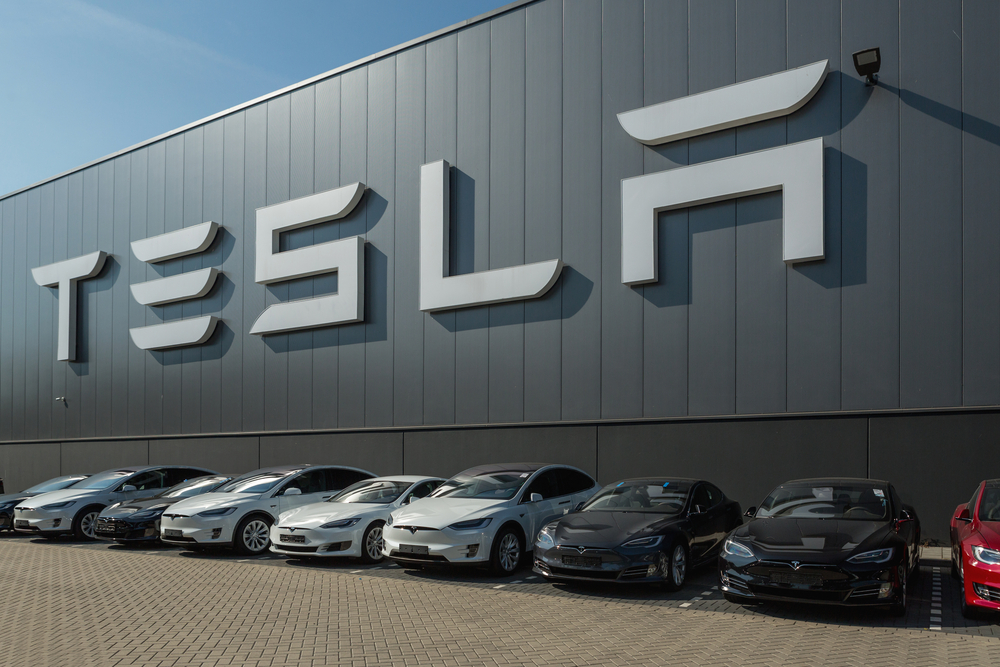
February 14, 2021
The entity is expected to start R&D facilities and subsequently venture in manufacturing and assembly.
New Delhi has introduced an Electric Policy with incentives for buyers, exemption from Road Tax and minimal registration fees.
Telangana, Kerala, Maharashtra and Karnataka are currently working towards implementing their respective EV policies.
Charging infrastructure, optimal battery weight and chemical composition and a robust R&D ecosystem are key requirements.

Chief Minister BS Yediyurappa today announced the institution of Tesla’s first-ever manufacturing plant in Bengaluru further to the announcement of budget initiatives. As of January 13, the entity had registered to open its first office and R&D centre in Bengaluru. Media sources reveal that Tesla is expected to first commence sales operations before eventually branching out into the manufacturing and assembly of cars. Gaurav Gupta, State Principal Secretary for Commerce and Industries remarked “We have been interacting with Tesla for the last few months, and it is happy news that it has decided to incorporate its company here. We have impressed upon them that Bengaluru is not only the technology capital but also the aerospace and space capital.” The development has been initiated at a timely basis as various State Governments are in the process of formulating policies to encourage Electric Vehicle purchase and use among Indian citizens. The national capital of Delhi introduced the Electric Vehicle Policy wherein subsidies including US$ 411 for two-wheeler purchase and US$ 2055 for four-wheeler purchase have been extended to buyers. The State Government has also introduced provisions for the waiving of registration fees and road tax for Electric Vehicle owners. Other States including Uttarakhand, Telangana, Kerala, Maharashtra and Karnataka are in the process of introducing similar legislation.
Experts at NITI Aayog identify a few key challenges that need to be addressed in order to successfully implement Electric Vehicle use across the country. Identifying the right kind of battery and battery chemicals is the first step to bringing in carbon neutrality. Chemicals including cobalt, manganese, lithium and graphite are considered ideal for batteries and mechanisms need to be put in place to recycle used batteries. Battery weight and resilience to Indian climatic patterns are also crucial to making vehicle operations convenient. A practical challenge needs to be overcome by installing widespread infrastructure to help owners charge their cars in a faster and energy-efficient manner. The R&D space in India can be made more robust by forming partnerships between academia, industry bodies, private sector entities and State governments such that gaps in information are quickly filled and delays in approvals are minimised. As sustainability is an important policy focus area, the implementation of Electric Vehicles will catalyse the nation’s adoption of clean technology and smart green solutions.
(This article has been updated with inputs as of February 14, 2021. The original piece was published on January 13 with insights on Tesla opening their first office at Lavelle Road, Bengaluru)